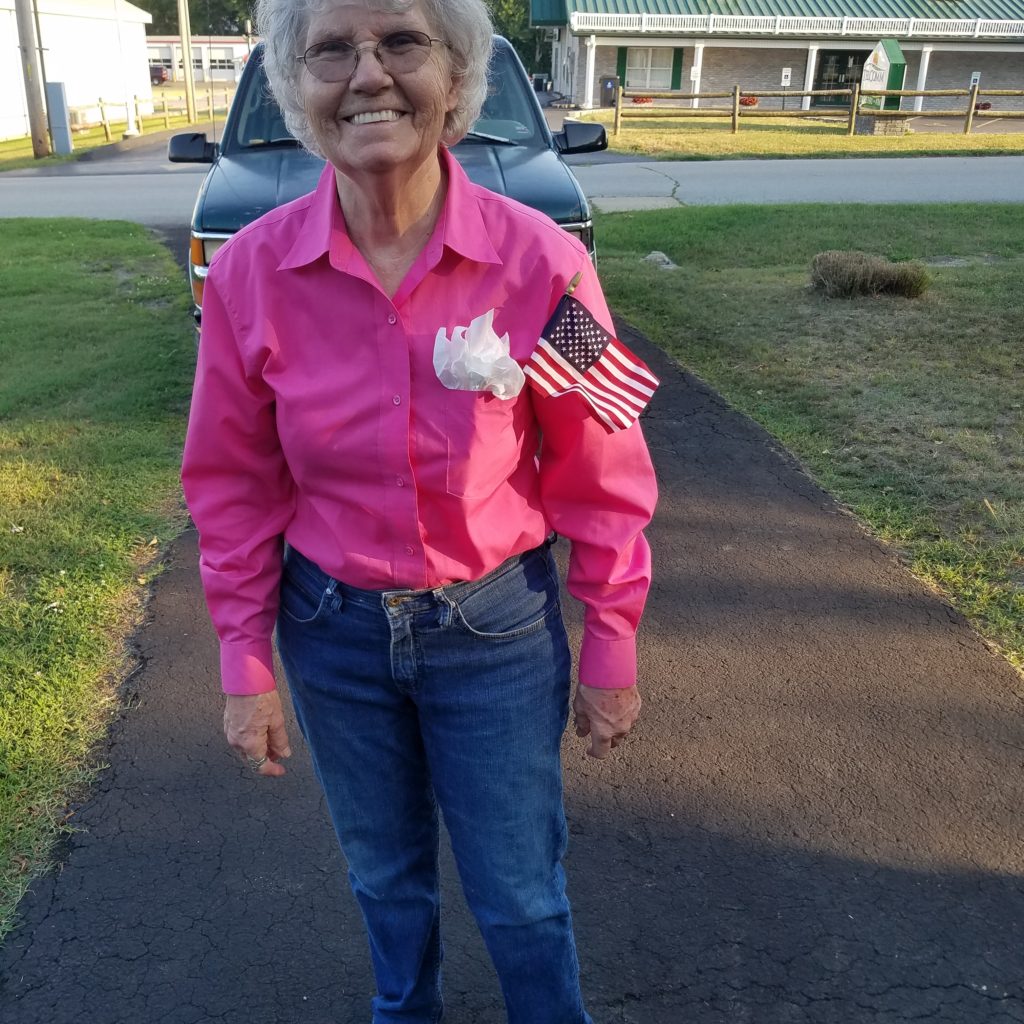Posted 11-11-19
If there are two things I want you to gobble up from this article, it is simply:
I love and appreciate veterans.
I hate Alzheimer’s Disease and related dementias.
First things first. I am sorry if this seems cliche, but if it does it is only because most share my sentiment: Thank you so much for your service in fighting for and maintaining our God-granted rights as Americans. I hate being away from my family for an evening. I hate missing my son’s concert or one of my daughter’s concerts or art fairs because of work. I cannot image being a million miles away and missing everything…and being in harm’s way in the process all for many who don’t express appreciation until it is fashionable to do so. Thank you. For real. Every single one of you.
You are already aware of my disdain for this stinkin’ group of diseases. I have now penned nearly 350 little bird cage liners laying out my anger and frustration with this disease…one that is the only of the top ten causes of death with no cure, no treatment worth its salt, and no way of slowing its progression. We desperately need to #EndALZ, but I would be happy for a day at least with a #TreatALZ that would extend the lives of these precious folks including my mom, my uncle (her older brother) and the Sweet 17. Sigh…
Therefore, given these two seemingly separate facts, it should be easy to see why their intersection interests me and should you as well. For one thing, veterans get dementia at an alarming rate! Here are a few numbers and many references for your self-study:
- By 2050, some 13 million Americans will struggle with dementia, partially boosted by the higher numbers of military personnel with the disease. The human and financial cost to families and to the VA is staggering . (Source)
- Nearly 50% of veterans alive today are 65 or older. The clearest determining factor of who will likely develop this disease is age. Older veterans who have suffered a traumatic brain injury (TBI) are 60 percent more likely to develop dementia (Source and Source)
- More than 750,000 older veterans nationwide suffer from the disease or associated dementias. (Source)
- Many conditions that are commonly encountered by veterans seem to be factors in dementia. Examples are the before-mentioned traumatic brain injury (TBI), anxiety, PTSD, and sleep deprivation. (an excellent Source) I also suspect, based on the above list, that those suffering from moral injury may have the same propensity for the disease although I am not aware of specific research in this relatively new field of study. Sadly, some caregivers of dementia patients may feel moral injury as well, which would perpetuate the cycle.
- Since the beginning of the Iraq War in March of 2003, more than 200,000 U.S. service members deployed to Iraq and Afghanistan as part of Operation Iraqi Freedom (OIF) and Operation Enduring Freedom (OEF) have been diagnosed with TBI (Source). The vast majority of these cases were classified as mild TBI (mTBI), also known as concussion (Source). While concussions are not completely deterministic in getting the disease, they can be a risk factor. (Source)
- The number of veterans with Alzheimer’s has surged in recent years. Approximately 420,000 veterans will have developed new cases of Alzheimer’s between 2010 and 2020. Among Veteran’s Affairs (VA) enrollees, the number with Alzheimer’s grew 166 percent from roughly 145,000 in 2004 to 385,000 in 2014, more than doubling during that period. (Source)
- Many of these new cases of Alzheimer’s are directly attributable to military service. Approximately one-third of new cases of Alzheimer’s are a direct result of service-related injuries, conditions, and other factors. (Source and Source)
Partnerships with the VA and with the Alzheimer’s Association are making promising advances in care and in research. The organization is taking the battle to new fronts of research and are contributing in amazing ways to the fight. For just one of many available examples, the VA provides extensive numbers of brain scans to researchers which will be invaluable in finding a cure. While I didn’t find articles discussing specific numbers of clinical trial participants divided by demographics, it seems that, through the VA, veterans are flooding to the front lines yet again, fighting for a cure and a defeat of this deadly axis of evil conditions.
Mom wasn’t a veteran, but always taught us to respect and appreciate them. I see lonely soldiers every single time I visit the nursing home, often deserted to fight the final battle themselves. This simply should not be so. Find a nursing home and visit. Bring your cookies and your talents to serve them. Gather your church group, your lodge group or your family and find some of these folks and help them, not to pay them back for what they have done for you…not possible…but because they are worth it. I can promise you this…you will be blessed.
Mom had another good weekend. Ice storm permitting, I will see her again today. 🙂 I hope to see some of my veteran friends today as well and thank them again. 🙂

#EndALZ
#Veterans
#Military
